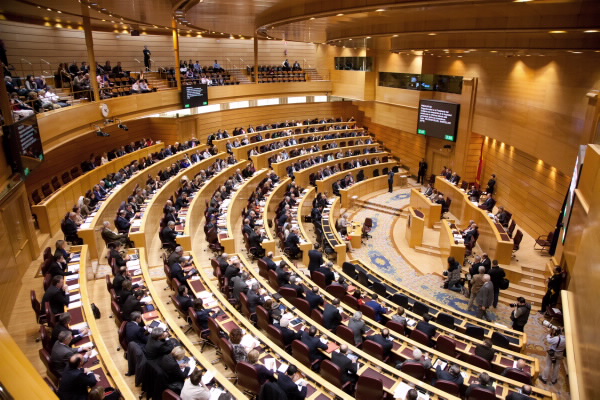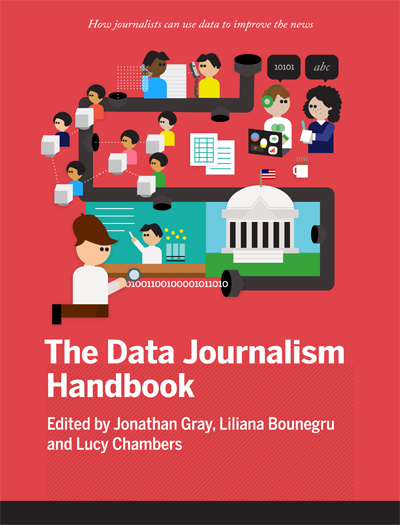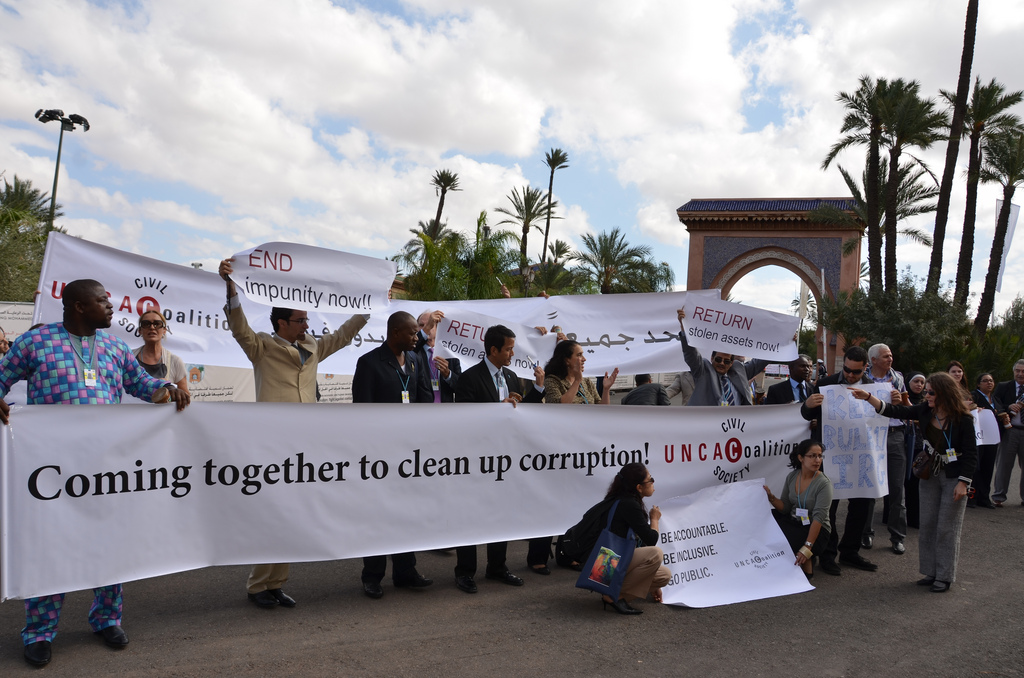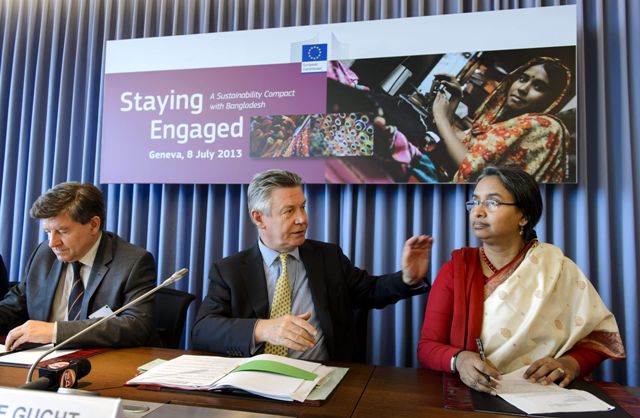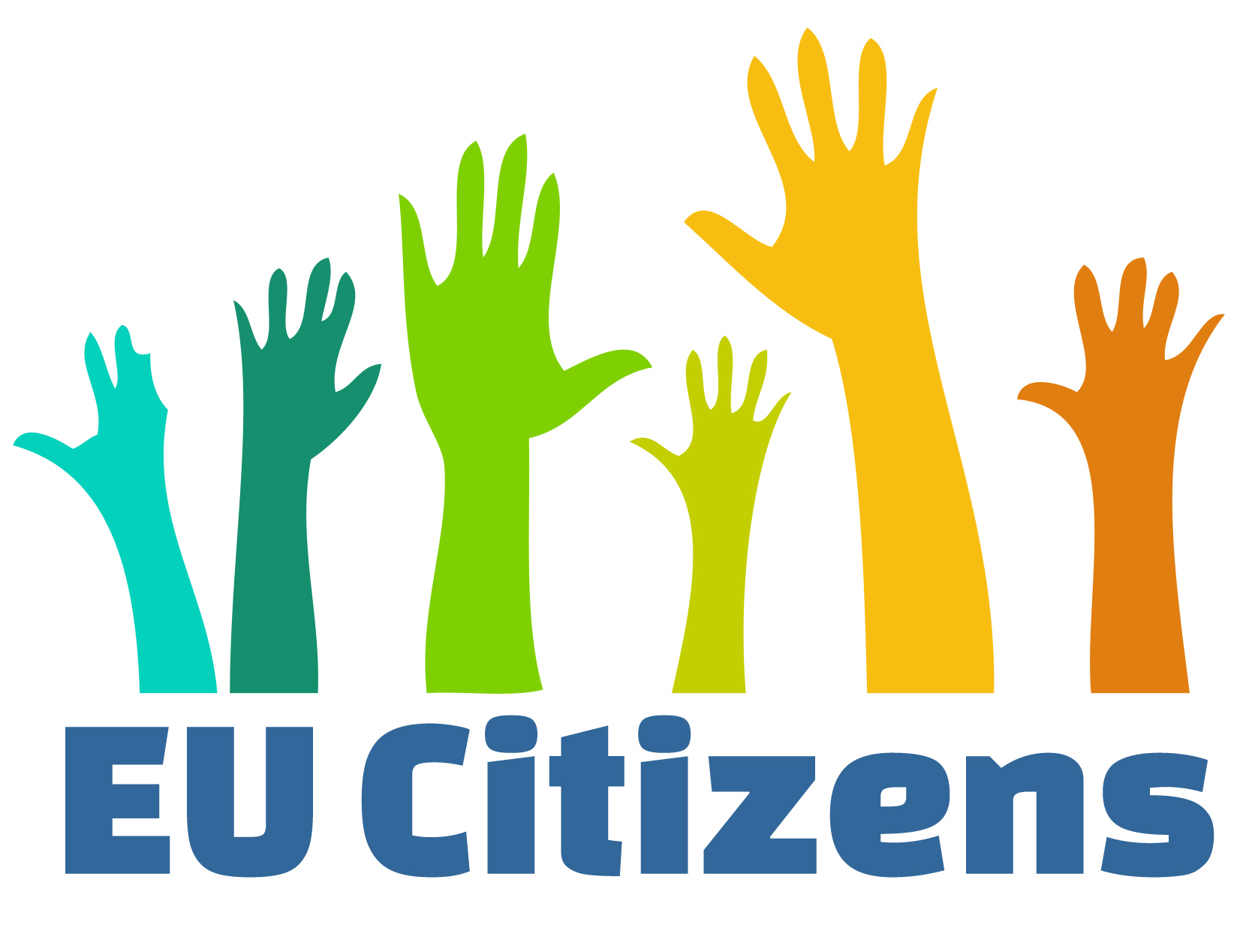Buscamos al senador más transparente #senadotransparente
Helen Darbishire2020-02-14T16:06:59+01:00Madrid, 26 de septiembre de 2013 - El día 28 de septiembre es el Día Internacional del Derecho a Saber y lo queremos celebrar. España está aprobando en estos momentos una Ley de Transparencia (¡por fin!) y la sociedad civil está siguiendo este proceso muy de cerca para conseguir que esa norma esté a la altura de las mejores leyes del mundo. Sin embargo, tras pasar por el Congreso de los Diputados, la ley no es buena. Seguiremos sin poder saber cómo toman sus decisiones los políticos, un ejemplo representativo es la pregunta de si es más barato privatizar la

